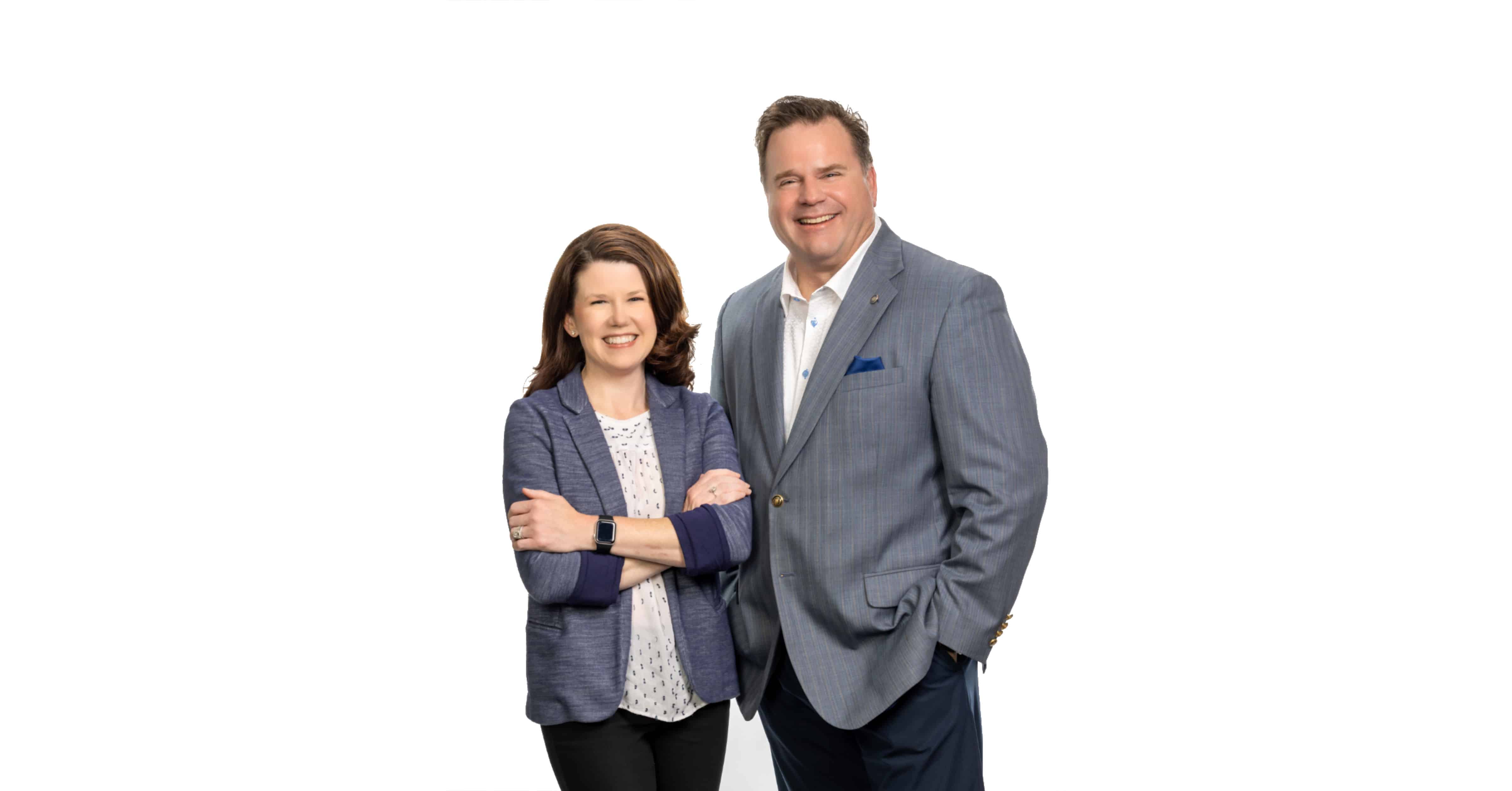If you are like most individuals, considering the scope of the changes from an active career to retirement brings anxiety and a sense of loss. As specialists in retirement planning, we guide our clients in the process to, and through, retirement to provide confidence in the outcomes for their lives. One method in which we bring confidence to the process is by addressing an individual’s four biggest financial concerns about retirement: 1) paying for healthcare; 2) saving enough money for retirement; 3) liquidating indebtedness; and 4) creating and maintaining consistent, predictable income streams in retirement.
Healthcare costs are one of the most expensive areas of living for retirees. As we age, our healthcare costs may rise. One of our clients is suffering ill health in retirement and her medical expenses average more than $6,000 per month! Proper planning for healthcare expenses is critical before you retire. Not only do you suffer physically but the potential for significant cash need for healthcare may jeopardize the quality of life and the longevity of your assets to sustain you. Analysis of the probabilities for genetic health issues as well as capabilities for current physical activity of the individual will need to be addressed.
Saving for retirement is an area of life that is often delayed until it is almost too late to help the individual substantially. Too often individuals treat their employer retirement plan as a savings account and funds “emergencies” in life with plan loans. I believe this is tremendously detrimental for the long-term viability of their retirement assets. Emergencies can be mitigated by establishing a responsible budget each year and transfer extraordinary expenses to insurance coverages. For example, if you have a home, which is often one of the largest assets of a family, you should maintain adequate replacement value insurance on the property. Failing to do so could result in the family experiencing an exorbitant damage requiring more funds that are maintained in the family reserve account.
Eliminating or reducing indebtedness prior to retirement will provide an individual a higher annual discretionary cash flow. We have assisted many of our clients in a plan to reduce or eliminate debt prior to transitioning to retirement. It is inconceivable to plan for all potential perils and hazards in life but you will experience a more confident retirement by maintaining little or no debt while retired. Again, budgeting is the key to success for debt management.
Without consistent, predictable cash flow streams, your retirement will feel more like a burden than a reward. The secret to adequate cash flow streams in retirement is to start saving early in life and structure a retirement lifestyle that is within your means. Where we have witnessed this challenge is when someone retires without a thorough plan of execution and overspends during the first few years of retirement. The family is now in distress and substantial, critical work must be performed to remedy the situation.





